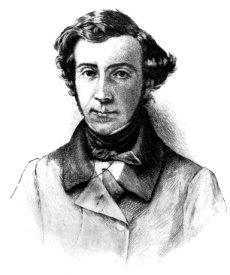Ann Althouse links to a great video if you have an extra hour and a half this weekend. Justice Thomas does a very interesting Q and A with students from the U of Florida Law School. It isn’t all about law, and the law they talk about is easy to understand for non lawyers like myself.
I was struck by some of the things that Thomas said. He says the word “honesty” quite often. Also, he mentions “doing things right” a lot. I can really identify with both of those concepts.
One other thing that struck me was a concept he brought up of “things aren’t always as they seem”. I don’t want to spoil the whole video so I will leave it to you to see in what context he uses it in. It was a real eye opener and hit home with me.
I have ordered Justice Thomas’s book from Amazon (only $11 for hardcover) and look forward to posting a review here in a few weeks.
In general, I am always impressed when I hear the Supreme Court Justices speak and write. They seem to be the only ones above the fray as far as our governmental structure goes. Even though I disagree with the viewpoints of some of the justices, I really do respect them for the job they do.
 As late as 1997 a
As late as 1997 a 
